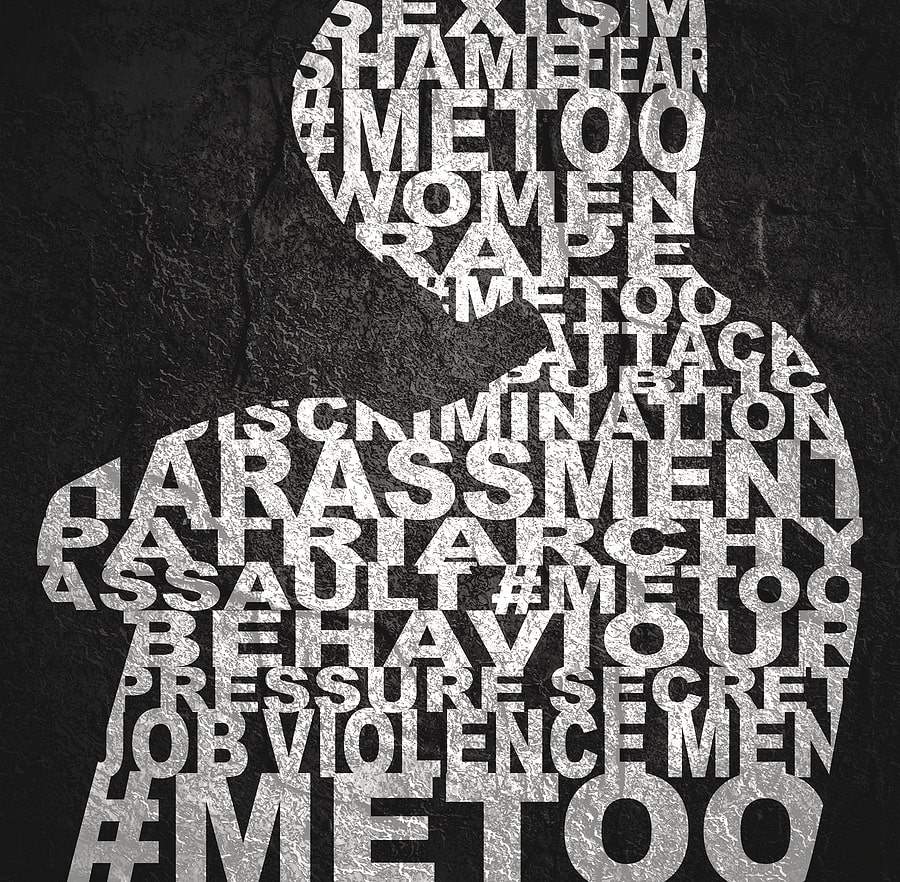Conflicts are an unavoidable part of marriage, but when it becomes incessant and out of control, then there is a need for concern. Sometimes conflicts are necessary for certain changes and improvements to take place, but the questions couples should ask themselves are how they are handling their conflict and what lessons they are taking out of it. Common conflicts in marriage are numerous and these can include:
- Financial disagreements
- Parenting method
- Communication issues
- Selfishness
- Infidelity
- Intimacy
- Disrespecting boundaries
- Different values and beliefs
- Mental health
- Fatigue
- Uncontrollable anger and many more.
The key factor in all of these causes of conflict in marriage is communication. Communication plays a key role between partners.
If communication is not effective it may lead to conflict with negative results not only on the couples but on the children and even external family members.
Effective communication does not only mean engaging in letting one’s feelings out, it is also a way of passing information verbally or orally in a way that the person being communicated understands the information being passed and carries it out accordingly and not misinterpreted.
HOW CAN COMMUNICATION BE IMPROVED DURING CONFLICT RESOLUTION IN MARRIAGES.
- Talk about It: Create time to talk about every issue that may result in a conflict no matter how busy you both may be, there should also be a time-lapse for conflicts between spouses e.g. promising not to stay angry at each other for 24 hours whenever an issue arises.
- Know When To Bring Up Issues To Be Resolved: You do not want to talk about conflicting issues when you want to hang out with your friends or be around the kids.
Such issues should be entertained in the right atmosphere to avoid being aggressive towards others.
- Be Precise: Hit the nail on the head. Do not beat around the bush or deviate from subjects to be discussed by bringing up issues in the past.
Avoid digging up issues from the past.
- Do Not Use Each Other’s Weaknesses: This is highly prohibited in conflict resolution.
Using each other’s weaknesses is demeaning, might lead to low self-esteem between spouses, and might make conflict worse.
- Ease The Tension: No matter how tense or angry you might get, do not leave behind your sense of humor, as this might ease the already tense atmosphere.
- Empathy: This is putting oneself in the situation of others to be able to understand how the feel. Understanding how your partner feels helps to resolve conflict and enhance effective communication.
WHAT ROLE DOES EMPATHY PLAY IN NAVIGATING CONFLICT RESOLUTION IN MARRIAGES
Empathy is an important keyword in conflict resolution in general terms. This has to do with having compassion for others by understanding their feelings and thoughts.
If you can’t relate with your partner’s thoughts, feelings, or actions there are no chances of having compassion or the possibility of having an effective communication strategy.
Empathy lets you think outside your angle and make you see the view of your partner to understand how they feel. When conflict arises it shouldn’t be about yourself or you trying to prove a point of being right, empathy should be put into practice as this will also help reduce conflict and misunderstandings between partners from escalating or going out of control.
HOW CAN COUPLES WORK TOGETHER TO FIND COMPROMISE DURING CONFLICTS IN MARRIAGE
- Communication: Couples should let each other know how they feel and not bottle up feelings. This will enhance better understanding and adjustments between both parties.
- Stick to one issue: When confrontation arises stick to one issue at a time. As mentioned earlier do not dig up past issues or bottled up feelings.
- Forgive: Conflict resolution requires the ability to be able to forgive. Without forgiveness also playing a key role no conflict can be resolved.
Learning how to forgive also helps you heal and become a better person to yourself and your partner.
- Accepting Your Flaws: If you are wrong always accept your flaws and work towards becoming a better person. No one is perfect and everyone has their shortcomings, the person you look up to or think is perfect is not perfect they only accepted their shortcomings and became a better and more appealing version of themselves. Do not prove with all passion you were right for your actions.
- Conquering selfishness: Not only in marriages does selfishness have a way of destroying one’s personality. Two selfish people who are together can never aim at resolving conflict because they want all things to go their way. To experience a harmonious marriage you must be ready to give up your will for your partner and vice versa.
- Do Not Pass On Blames: Do not blame your partner when trying to resolve conflict. Remember you are resolving conflict and not in a debate on trying to prove who was wrong or right.
- Remain Open-Minded: Be open to acceptance, healing, change, and starting all over.
- Talk To A Counselor: Sometimes issues that are due to cultural clashes, and personality differences require the expertise of a therapist to help couples navigate their hurdles. Again, when conflicts are becoming too numerous, there’s a need to seek the help of a specialist before things get out of hands
Reference:
Rachael Pace (8 easy ways to resolve conflict & improve marriage communication), April 2023.
Sage journals, research article July 2, 2019.
Drs.Les and Leslie Parrot (communication), July 12 2017.
Family Life by Cru Ministry, 2024.




















